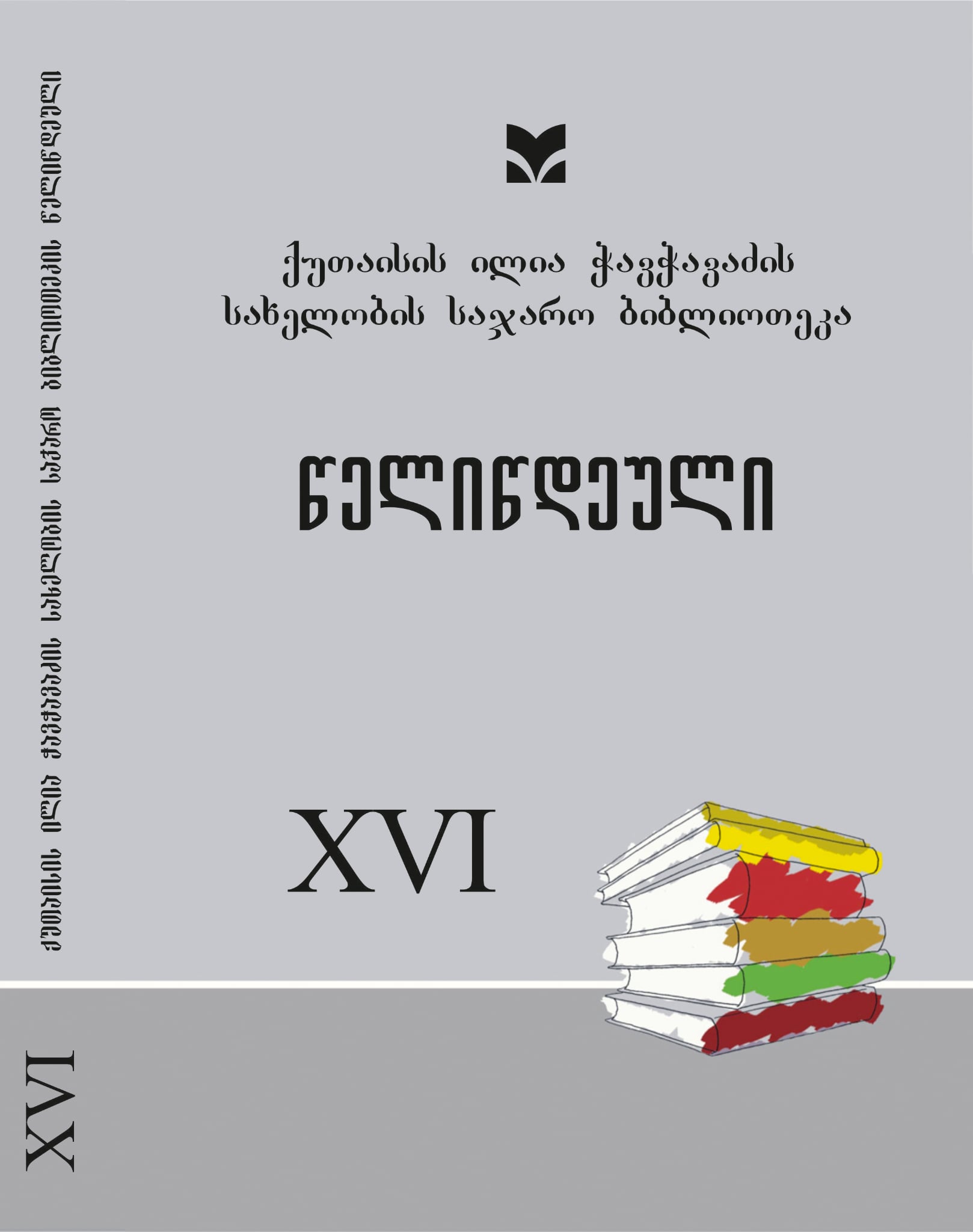The Confrontation Between National and Anti-National Forces in Georgian Studies during the Preparations for the 1924 Uprising
DOI:
https://doi.org/10.61491/yk.16.2024.9383Keywords:
Politicized Kartvelianology, Soviet ideology, the relationship between Niko Mari and Ivane JavakhishviliAbstract
This article examines the attacks by agents of Russian policy against representatives of Georgian scholarship during the preparations for the well-known August 1924 uprising. The confrontation between national and anti-national forces was particularly acute within the intellectual sphere, specifically:
1. In opposition to the official authorities, members of the leading Georgian intelligentsia demonstrated unity in advancing independent Georgian studies free from political influence, focusing on key issues such as:
- Promoting research on Georgian antiquities within a broad international scientific framework;
- Attracting foreign, especially American, scholars to conduct archaeological excavations at historically significant sites, such as Mtskheta and Nakalakhevi; Strengthening Georgian universities by recruiting nationally minded professors.
2. The Soviet authorities relied on the Academy of Sciences to counter Georgian scholarship, notably through the influential Georgian scientist N. Mari, whose protest led to the cancellation of the American archaeological expedition at Mtskheta and Nakalakhevi.
3. The complete alignment of the Academy of Sciences with Soviet authorities is evidenced by a 1924 article published under the pseudonym “Chvenis” (“Ours”) in the press, which reflected several aspects of the Soviet position:
- Open hostility toward representatives of national scholarship;
- Support for scholars serving Bolshevik ideological interests.
- Soviet ideology left no choice for individuals of exceptional talent, who, willingly or unwillingly, became part of the state apparatus.
4. University professors accepted the challenge of defending Georgian scholarship. In a response prepared on behalf of the Tbilisi University administration, Ivane Javakhishvili exposed both the scholar Niko Mari, hostile to Georgian cultural and educational initiatives, and his political supporters in the authorities, who in subsequent years intensified the struggle against Tbilisi University and the nationally minded faculty.
The conclusions drawn from this research, we believe, will provide valuable insight for specialists and interested parties working in the field of Soviet Georgian studies.




